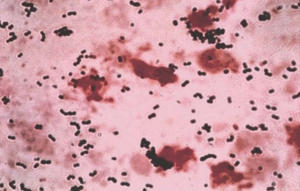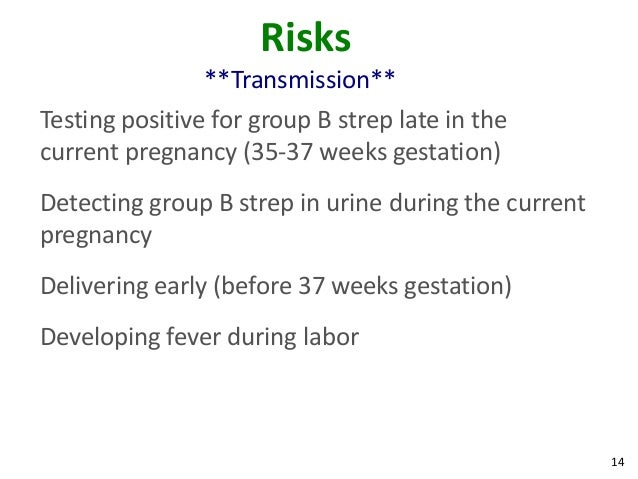

In this patient education FAQ, learn how Group B strep affects women during pregnancy and their newborns, including testing and treatment for GBS.
Group B streptococcus (strep) is a common bacterium often carried in your intestines or lower genital tract. Group B strep is usually harmless in adults. In newborns, however, it can cause a serious illness known as group B strep disease. Group B strep can also cause dangerous infections in adults

While the rates of serious group B strep infections are higher among newborns than among any other age group, serious group B strep disease can occur in other age groups in both men and women. The sources of disease caused by group B strep bacteria are unknown. Group B strep bacteria are common in
Group B streptococcus infection, also known as Group B streptococcal disease, is the infection caused by the bacterium Streptococcus agalactiae (S. agalactiae) (also known as group B streptococcus or GBS).

About Urinary Tract Infection: Group B Strep Urinary Tract Infection Macrobid. Urinary Tract Infection, Learn about urinary tract infection (UTI) …
What is the evidence for antibiotics for group B strep during labor? Are there any alternatives? Can hibiclens, garlic, or probiotics treat GBS?

The two most important ways to prevent early-onset (occurs in babies er than 1 week old) group B strep disease include: Testing all pregnant women for group B strep bacteria late in pregnancy (ideally between 35 and 37 weeks pregnant) Giving antibiotics during labor to women who test positive


Group B Strep: What Does it Mean for Me and my Baby? Group B Streptococcus, otherwise known as GBS or Group B Strep, is a normally occurring bacteria that lives in the lower intestines of human beings – from babies to the elderly. It’s a hot topic in the world of having babies, and there
A group B strep infection (GBS) may cause serious infections in pregnant women and newborns. Read about symptoms, signs, diagnosis, treatment and prevention.

Group B strep in pregnancy. Group B strep is common in pregnant women and rarely causes any problems. It’s not routinely tested for but may be found during tests carried out for another reason, such as a urine test or vaginal swab.

